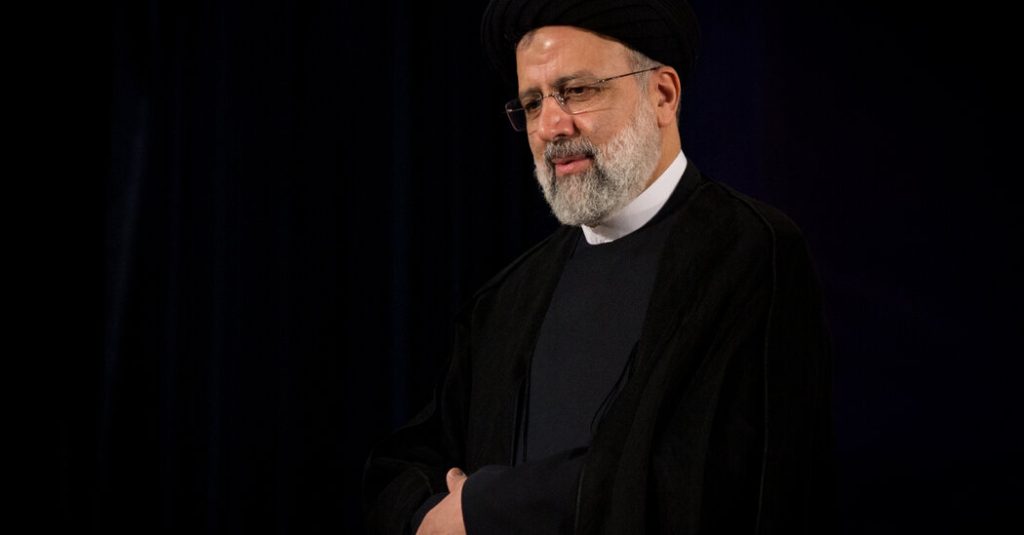Ebrahim Raisi, a hard-line religious cleric, was elected president of Iran in 2021. Known for overseeing a strategy to increase Iran’s regional influence, he has supported militant proxies across the Middle East, accelerated the country’s nuclear program, and brought Iran to the brink of war with Israel. Despite these efforts, Iran has faced large antigovernment protests and a severe economic downturn driven by international sanctions and high unemployment. Raisi is considered a possible successor to Ayatollah Ali Khamenei as the supreme leader of Iran.
Born in 1960 in Mashhad to a devoutly religious family, Raisi was deeply involved in Iran’s Islamic Revolution in 1979. He climbed the ranks of the judiciary as a religious scholar and protege of Ayatollah Khamenei, serving as a prosecutor in several cities before becoming Iran’s top judge. It is believed that Raisi was part of a committee responsible for ordering the executions of thousands of political dissidents in 1988. Accused of human rights violations, he is facing sanctions from the United States.
During Raisi’s presidency, Iran faced significant antigovernment protests following the death of a young Kurdish woman, Mahsa Amini, in police custody. The authorities responded with a harsh crackdown, including killings and executions. Iran continued its uranium-enrichment and ballistic missile programs under Raisi’s leadership. Tensions with Israel escalated, leading to a shadow war that came to a head when Iran launched a large-scale attack on Israel following a raid by Hamas, an Iranian-backed group, on Israel.
Despite facing challenges and criticism, Raisi continues to govern Iran with a focus on expanding its regional influence and asserting its power in the Middle East. He has taken a hard-line approach to dissent and opposition, leading to widespread protests and international condemnation. Raisi’s presidency has been marked by economic difficulties and ongoing conflicts with neighboring countries, particularly Israel.
As Raisi’s tenure continues, the international community is closely watching Iran’s actions and policies. The country’s nuclear program remains a point of contention, with concerns about its potential for military applications. Raisi’s leadership style and approach to governance have led to criticism from human rights organizations and foreign governments. The future of Iran under Raisi’s presidency remains uncertain, with potential implications for regional stability and global security.
In conclusion, Ebrahim Raisi’s presidency in Iran has been characterized by efforts to increase the country’s regional influence, including supporting militant proxies and advancing its nuclear program. Despite facing challenges such as antigovernment protests and economic difficulties, Raisi continues to govern with a hard-line approach, leading to tensions with neighboring countries and criticism from the international community. The future of Iran under Raisi’s leadership remains uncertain, with implications for regional stability and global security.













